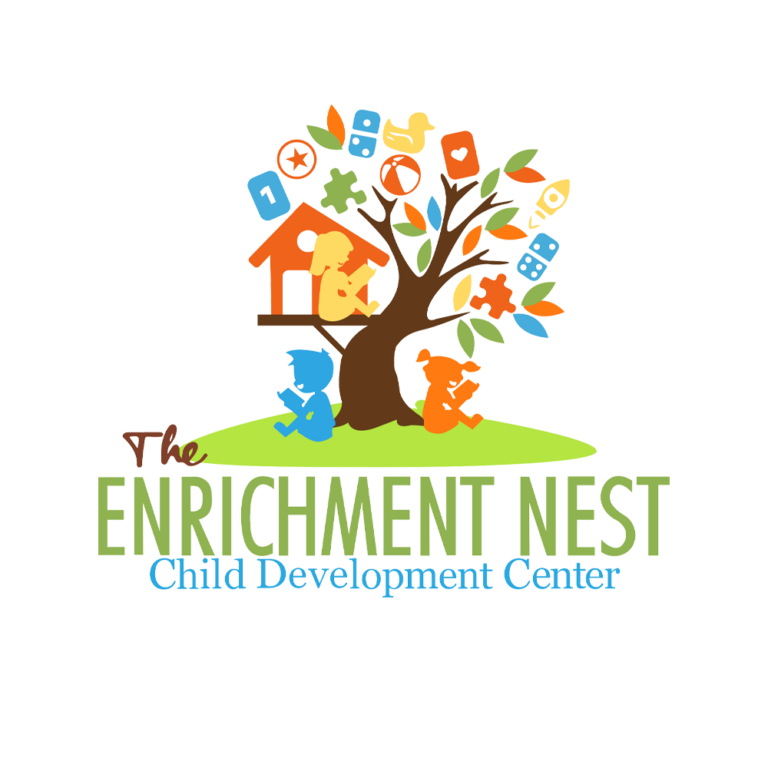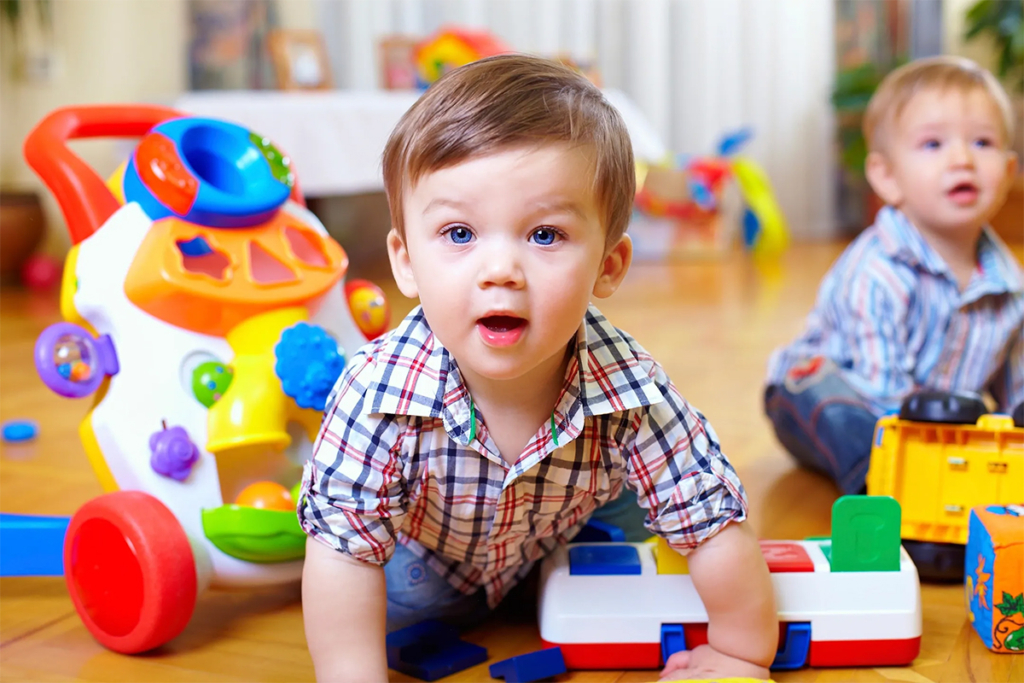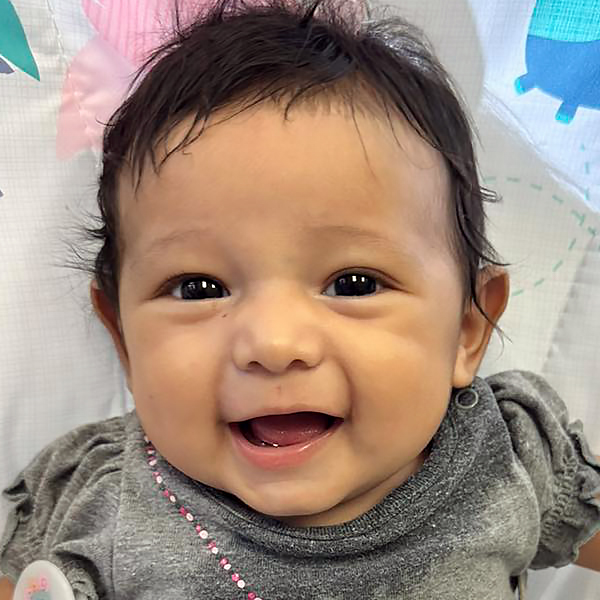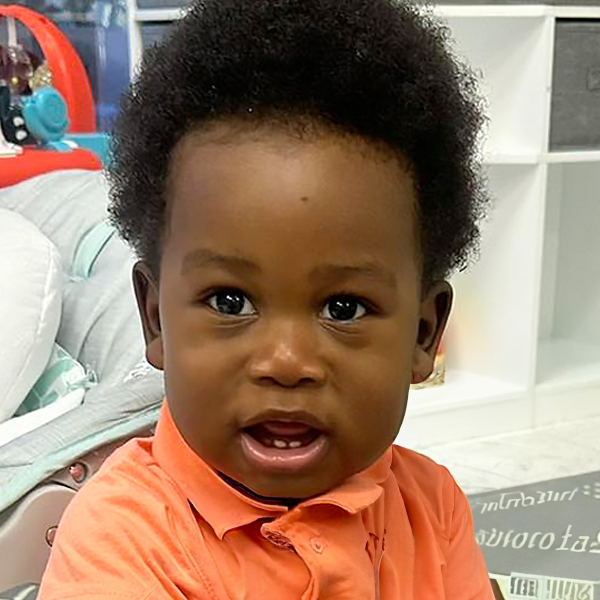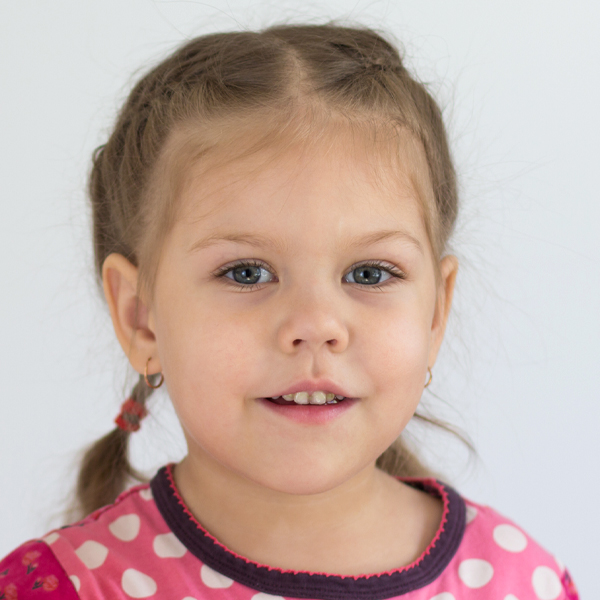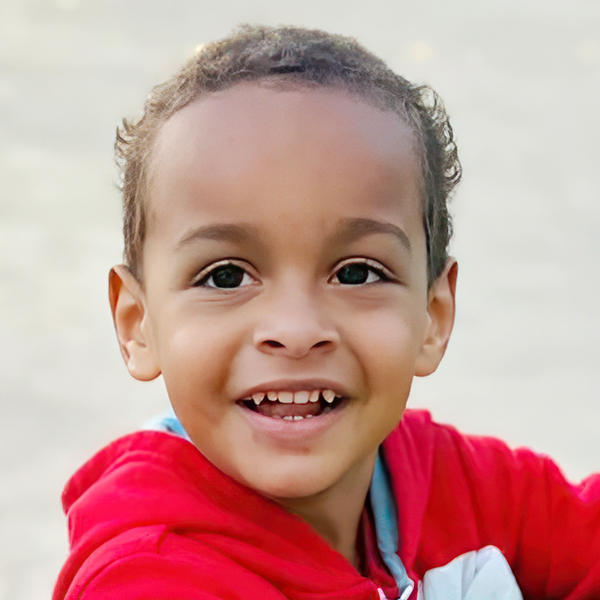As parents, we are often inundated with advice about what is best for our children’s development. From educational toys to enriching activities, the options can seem overwhelming. However, one aspect of early childhood development that should not be overlooked is the cultivation of fine and gross motor skills. These fundamental abilities play a crucial role in a child’s physical and cognitive development, setting the stage for future learning and success.
Understanding Fine Motor Skills
Fine motor skills involve the coordination of small muscles in the hands and fingers, enabling children to perform tasks that require precision and control. From buttoning a shirt to holding a pencil, these skills are essential for everyday activities and academic success. By engaging in activities such as drawing, coloring, and using scissors, children strengthen their hand-eye coordination and dexterity, laying the foundation for future tasks like writing and typing.
The Importance of Gross Motor Skills
Gross motor skills, on the other hand, involve the coordination of larger muscle groups and the ability to control movements of the body. Activities such as running, jumping, and climbing help children develop strength, balance, and spatial awareness. These skills are not only vital for physical health but also play a crucial role in cognitive development. Research has shown that children who participate in regular physical activity tend to have better concentration, memory, and academic performance.
Benefits for the Child
The benefits of developing fine and gross motor skills in early childhood are vast and far-reaching. By honing these abilities, children gain confidence in their abilities and develop a sense of independence. They learn to problem-solve, experiment, and explore their environment, fostering creativity and critical thinking skills. Additionally, the physical activity associated with motor skill development promotes overall health and well-being, reducing the risk of obesity and other health problems later in life.
Practical Tips for Parents
So, what can parents do to support their child’s development of fine and gross motor skills? Here are a few simple yet effective strategies:
- Provide opportunities for exploration: Offer a variety of toys and materials that encourage hands-on exploration and experimentation, such as building blocks, puzzles, and playdough.
- Encourage outdoor play: Take advantage of outdoor spaces like parks and playgrounds to allow your child to run, jump, climb, and engage in other physical activities that promote gross motor development.
- Model and scaffold: Demonstrate how to perform tasks that require fine motor skills, and offer support and guidance as your child learns to do them independently.
- Be patient and supportive: Remember that developing motor skills takes time and practice. Encourage your child to persevere through challenges and celebrate their progress along the way.
Conclusion
In conclusion, The Enrichment Nest emphasis on the importance of teaching your child fine and gross motor skills cannot be overstated. These foundational abilities lay the groundwork for future learning and success, impacting not only physical health but also cognitive and emotional development. By providing opportunities for exploration, outdoor play, and hands-on learning, parents can help their children develop the skills they need to thrive in all areas of life. So, let’s roll up our sleeves and get moving towards a brighter future for our little ones.
